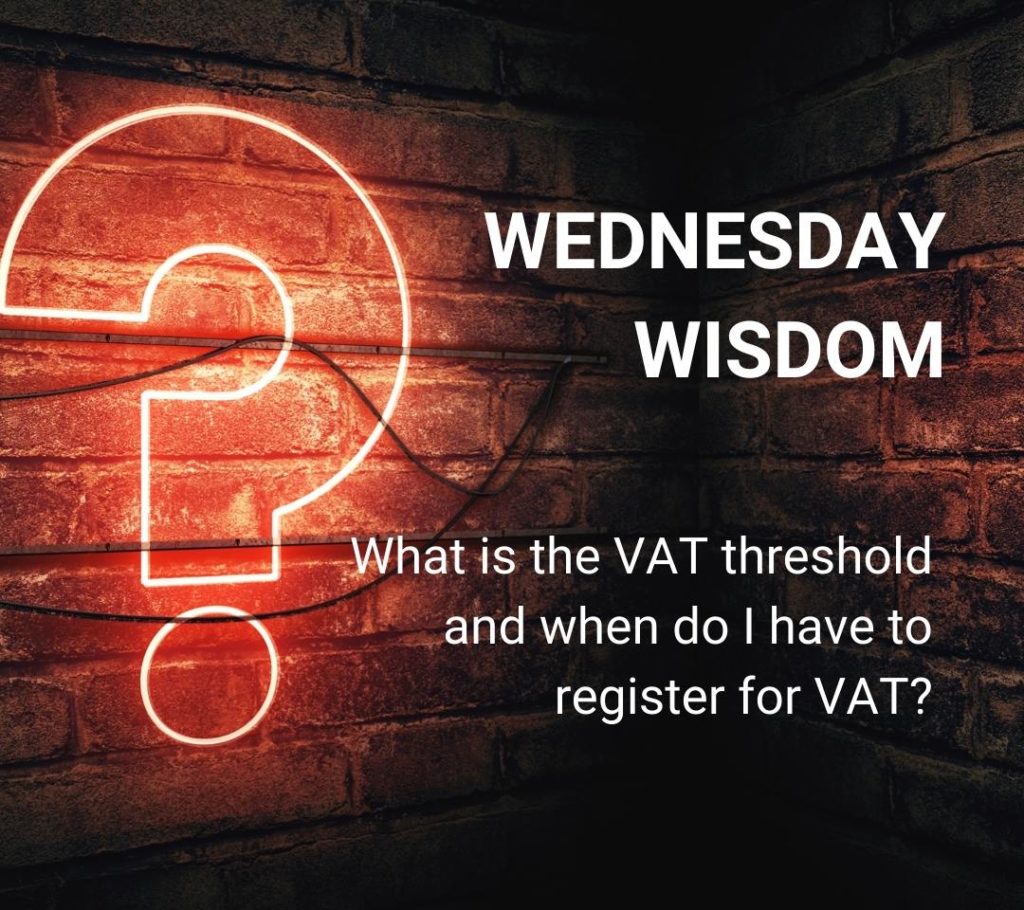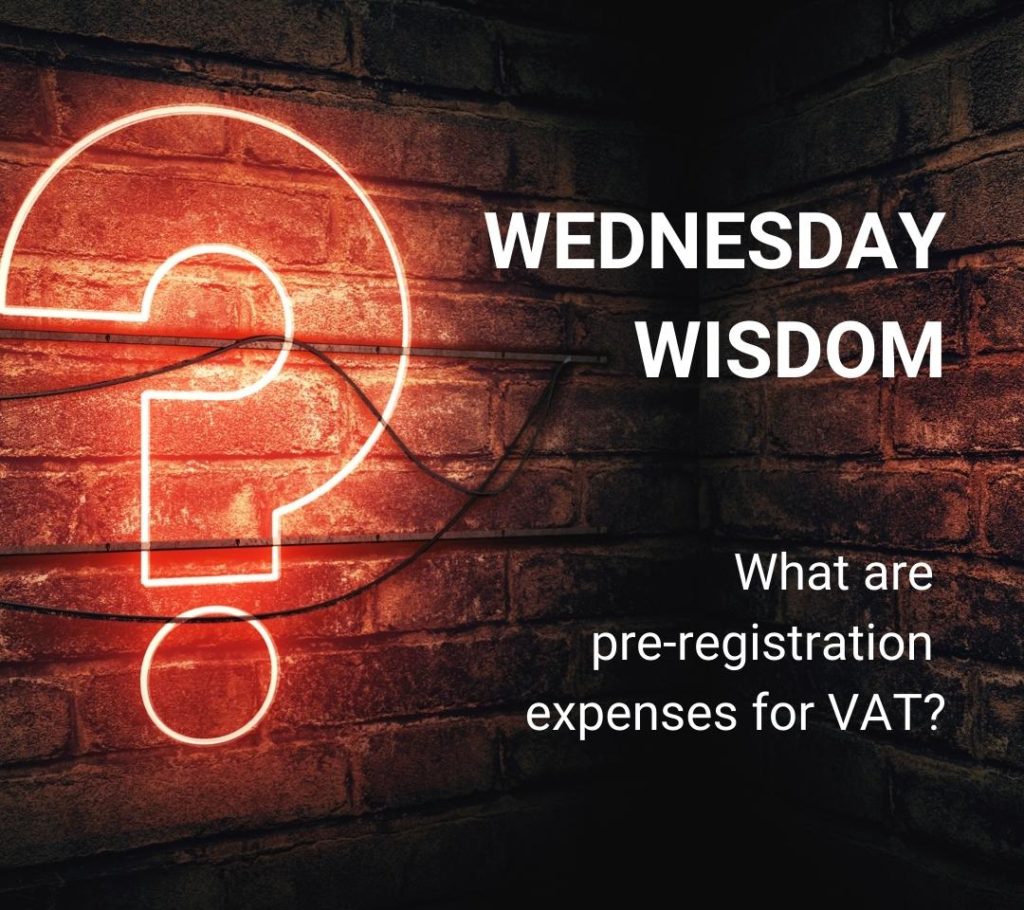What is incorporation and what does it mean for freelancers?
Incorporation is the name given to the creation of a corporate entity, or new limited company, that is separate from an individual (sole-trader). The business is then separate from the person who owns or manages it and become a legal entity in its own right.
When should a freelancer incorporate?
So you are working away as a freelancer, declaring your income as a sole trader.
Nice and simple – your money comes in, your expenses go out and you pay tax and national insurance on the profits. Now someone is telling you about this great idea of setting up as a Limited Company but don’t know when is the right time to move over from operating as a sole trader, right?
Well, don’t worry – you aren’t the only one. And relax, there is no set formula for incorporation so you haven’t missed the boat at all.
Due to the additional costs of operating via a Limited Company (extra accountancy fees, for example), we generally say that someone should start looking at their position when their taxable profits are in the region of £35,000 – £40,000. It is at this stage that the tax efficiencies (lower rates of Corporation tax and dividend tax) start to outweigh the additional administrative costs that you will be faced.
However, tax isn’t everything (surely it is, I hear you cry!).
There are other elements that need to be considered when you are thinking of operating via a Limited Company.
Two such examples are:
- Limited liability – your liability is generally restricted to the capital you initially invest into the Company.
- Increased respectability – some firms only like working with other Ltd’s.
Given the above, the magic figure of £40,000 may not work for everyone and you will need to consider your individual circumstances.
Having said that, looking at the figures (hey, we’re accountants – it’s what we do!!), if you are approaching profits of £40,000 for your sole trader business on an annual basis, incorporation is definitely something to consider.
(PS. Your sole trader accounts and tax return are not that simple – for example, you need to make sure you are claiming all of the correct expenses to (a) maximises your tax savings and (b) ensure that you are not claiming for non-tax deductible expenses).







